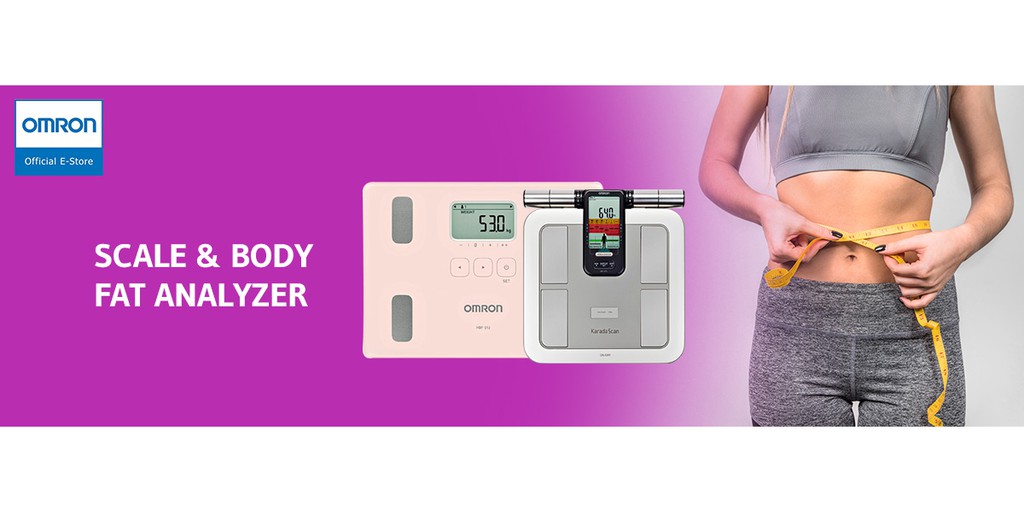Renal Profile medical test
Learn about Renal Profile medical tests, including what the tests are used for, why a doctor may order a test, how a test will feel, and what the results may mean.
What is renal function test?
A renal panel is a group of tests that may be carried out together to determine kidney (renal) function. The tests measure levels of various substances, including several minerals, electrolytes, proteins, and glucose (sugar), in the blood to investigate the current health of your kidneys. Waste products can accumulate in the blood and fluid levels if the kidneys are not functioning properly. Various conditions and diseases can result in damage to the kidneys. The most common causes of and main risk factors for kidney disease are diabetes and hypertension.
Why test renal function?
To help diagnose and manage conditions influenced the kidney function; may be used as part of general health screening or to screen someone who is at risk of developing kidney disease, or to follow someone with known kidney disease.
How is the procedure performed?
You may be instructed to fast for 8-12 hours (no food, only water) before the test. Blood or urine is commonly collected to test for how the kidneys are functioning. A blood sample drawn from a vein in your arm. You may want to wear a shirt with sleeves that can easily be rolled up to make it easier to collect the blood sample.
What will be the results interprets?
The Renal Function test normal values are generally around 7 to 20 mg/dL (2.5 to 7.1 mmol/L). If your result of the test is more or less than the Renal Function Test normal values, you need to consult with your doctor immediately. RFT normal ranges may vary, depending on the reference range used by the lab, and your age.


